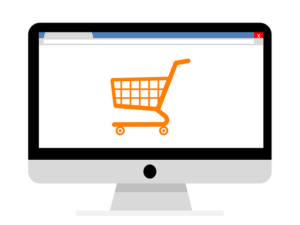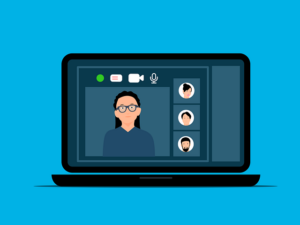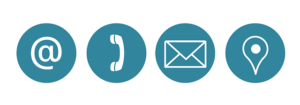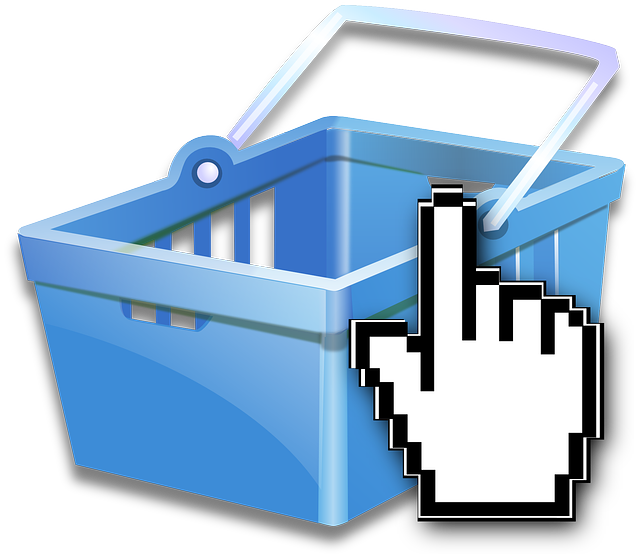
Private Internet Access (PIA) is an essential tool for safeguarding patient confidentiality and protecting sensitive health information for medical professionals globally. It offers robust encryption protocols like WireGuard, OpenVPN, and IKEv2/IPSec to secure data transmission, complemented by a strict no-logs policy that enhances user trust. For whistleblowers and activists, PIA provides critical anonymity, ensuring personal safety and the integrity of their communications in high-risk environments. Its automatic connection at startup, server selection options, and kill switch feature offer continuous protection. Medical professionals benefit from PIA's secure access to medical databases and telemedicine services, staying informed on healthcare advancements while adhering to privacy laws like HIPAA and GDPR. In sensitive contexts, PIA's role is pivotal in maintaining the confidentiality of sources and patient information, enabling healthcare workers and activists to operate safely amidst surveillance and censorship challenges. Recent case studies highlight PIA's effectiveness in high-risk regions such as Syria and countries with oppressive regimes, where it has proven indispensable for maintaining secure communications and contributing to policy reforms. PIA's advanced security features are tailored to the privacy and security needs of users across different sectors, making it a reliable choice for those who require the utmost protection for their digital activities.
In an era where digital footprints are as pervasive as they are unavoidable, privacy has become a cornerstone of personal security, especially for those who speak truth to power. This article delves into the pivotal role of anonymizing browsers, such as Private Internet Access (PIA), in safeguarding the identities and communications of whistleblowers and activists globally. We explore the critical importance of maintaining privacy in the digital realm, particularly for medical professionals worldwide who handle sensitive information daily. Through comprehensive analysis, we’ll guide users on how to leverage PIA’s robust features and benefits to secure their online activities. Real-world case studies underscore the tangible impact of anonymized browsing in protecting both lives and data, emphasizing the necessity of such tools in today’s interconnected world.
- The Importance of Anonymizing Browsers for Whistleblowers and Activists in Protecting Privacy
- Understanding Private Internet Access: Features and Benefits for Medical Professionals Globally
- How to Safely Use a VPN Like Private Internet Access as a Whistleblower or Activist
- Case Studies: Real-World Examples of Anonymized Browsing Protecting Lives and Information
The Importance of Anonymizing Browsers for Whistleblowers and Activists in Protecting Privacy

Whistleblowers and activists often operate under the threat of surveillance and censorship, making privacy a paramount concern. Anonymizing browsers serve as critical tools in their arsenal of protection. These browsers mask users’ digital footprints by routing internet traffic through secure servers, obscuring IP addresses and encrypting data to prevent eavesdropping. For medical professionals worldwide who may handle sensitive patient information, the use of such browsers is not just a security measure but a professional necessity to maintain confidentiality and comply with privacy regulations like HIPAA in the United States or GDPR in Europe. Anonymizing browsers ensure that these professionals can securely access and share information without compromising their patients’ identities or the integrity of the data.
The advent of private internet access for whistleblowers has transformed the landscape of digital activism. It enables users to navigate the web without fear of reprisal, as their activities are shielded from prying eyes. This level of privacy is not a luxury but a necessity in environments where free speech is suppressed or where the disclosure of one’s identity could lead to severe consequences. For activists, anonymizing browsers provide the means to organize and disseminate information without exposing their networks or risking the safety of their colleagues. The protection of privacy through these tools is essential for the continued operation of many advocacy groups and the safeguarding of those who speak out against injustice.
Understanding Private Internet Access: Features and Benefits for Medical Professionals Globally

Private Internet Access (PIA) offers a robust suite of features tailored to safeguard the digital communications of medical professionals worldwide. As healthcare practitioners navigate sensitive patient data, PIA’s encryption protocols, including WireGuard, OpenVPN, and IKEv2/IPSec, ensure that this critical information remains confidential. The service’s no-logs policy is a cornerstone for trust, guaranteeing that no browsing data is stored, providing an additional layer of privacy for users operating in environments where such data could be compromising or even life-threatening.
Moreover, PIA’s global server network enables medical professionals to access medical literature, research databases, and telemedicine platforms without geographic restrictions. This seamless access is vital for staying abreast of the latest developments in their field, which can be crucial for patient care and medical advancements. With features like ad and tracker blocking, and protection against malicious websites, PIA provides a secure environment that minimizes distractions and potential security threats, allowing medical professionals to focus on delivering quality healthcare services around the globe.
How to Safely Use a VPN Like Private Internet Access as a Whistleblower or Activist
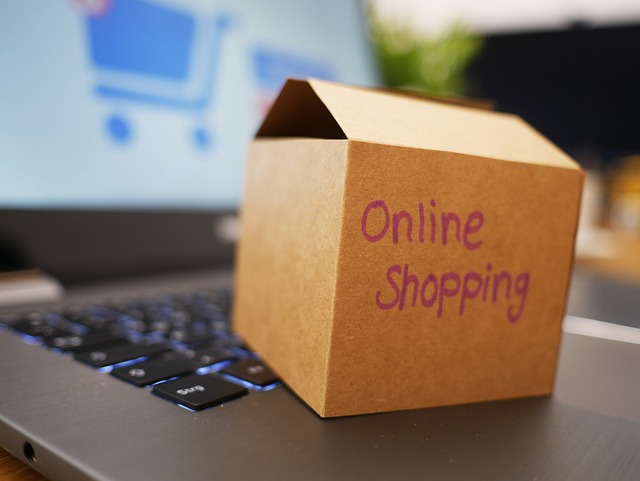
When operating within sensitive contexts, such as whistleblowing or activism, maintaining anonymity is paramount to protect both the individual and their message. Private Internet Access (PIA) serves as a robust VPN solution for medical professionals worldwide who require secure and private access to information without exposing their identity or location. To safely utilize PIA, the first step is to select a reputable VPN provider that upholds a strict no-logs policy, ensuring that user activities are not recorded or accessible. Once PIA is installed, configure it to connect automatically upon your device’s startup to ensure a consistent layer of security.
Selecting the right server location is crucial; it should be a reliable node that offers high speeds and low latency to prevent any disruptions in communication or data transmission. Additionally, it’s advisable to use PIA’s kill switch feature, which immediately halts internet traffic if the VPN connection drops unexpectedly, thus preventing any potential exposure of your real IP address. For medical professionals worldwide who are particularly concerned with maintaining patient confidentiality and complying with data protection laws, PIA’s strong encryption protocols provide an additional layer of security for sensitive information. By following these precautions, whistleblowers and activists can leverage PIA to communicate effectively while safeguarding their identity and the integrity of their work.
Case Studies: Real-World Examples of Anonymized Browsing Protecting Lives and Information

In recent years, anonymizing browsers have proven to be invaluable tools for whistleblowers and activists worldwide, particularly when it comes to safeguarding sensitive medical information. A case study that exemplifies this is the use of Private Internet Access (PIA) by healthcare professionals in conflict zones. In these environments, where the safety of individuals and their data is at severe risk, PIA has become a critical resource. For instance, in Syria, doctors and nurses rely on such VPN services to securely communicate with international organizations for medical advice and support without exposing their real locations or patient data. This not only protects lives by ensuring confidentiality but also enables the continuation of healthcare services under challenging conditions.
Another example is the ongoing efforts in authoritarian countries where dissidents have utilized anonymizing browsers to expose corruption and human rights violations. By leveraging PIA, these individuals can navigate the web without fear of surveillance or retribution. A notable instance was observed in China, where activists used encrypted browsing to document and disseminate evidence of environmental abuses, leading to international pressure and policy changes. These real-world scenarios underscore the critical role anonymizing browsers play in protecting both lives and information, ensuring that those who expose wrongdoing can do so without compromising their safety or the integrity of their sources.
In conclusion, the adoption of anonymizing browsers like Private Internet Access (PIA) represents a critical tool for whistleblowers and activists globally. These tools are indispensable in safeguarding privacy and ensuring secure communication, which is particularly crucial for medical professionals operating worldwide. The case studies highlighted within this article underscore the tangible impact such browsers can have in protecting sensitive information and individuals at risk. As digital threats evolve, so too must the strategies to counteract them. PIA’s robust features and global reach make it a standout solution for those who need to navigate the web with discretion and security. It is clear that in an era where privacy is paramount, PIA provides a vital service, empowering users to act without fear of exposure or retribution.
